George Russell has offered what he believes could be a "magical" solution to solve F1's concerns around tyres and race strategies.
The increase in the number of one-stop races and tyres not degrading has forced F1 into a number of steps to try and enliven grands prix, including raising the pit-lane speed limit at some tracks, with tyre supplier Pirelli skipping compounds to create greater variance in the three dry-weather sets brought to every weekend.
On Friday, the F1 Commission debated whether to make grands prix mandatory two-stop races for the 2026 season, but a decision was not made with further talks planned for next year.
That means the adoption of mandatory two-stop races will not be implemented before 2027 at the earliest, as Mercedes driver Russell explained how Pirelli could create the "perfect scenario" with its tyres.
"We are selfish as drivers, and you want the best, fastest, and most enjoyable cars," Russell told media, including RacingNews365.
"We have to recognise that we are one of 20 and there are 100 million plus people following the sport week in, week out, so I don't know what the perfect solution is.
"I mean, if you could magically create a tyre, where if it is a 60 lap race, the hard tyre could do 30 laps, then falls off the cliff, the medium, there are 20 laps, and it falls off the cliff, and then the soft, there are 10 laps, and it falls off the cliff. If you could magically achieve that, it would be the perfect scenario.
"Then drivers could pick and choose strategies, but I do appreciate that for Pirelli, it is really not easy and having to develop a tyre for all the different circuits, which have different tarmacs as well, it is very difficult.
"If the tarmacs were the same across all tracks, then it would be much easier for them to develop a tyre to achieve something.
"I think [mandated two-stops] needs to be coupled with softer tyres. I don't know if the tyres are still not degrading, and it is easy to do a two-stop, then you're not going to see that.
"When you have got a delta between the pace of the cars, and then coupled with a tyre delta, that's when you see the overtakes, but if there is no delta, it doesn't matter if you do a two-stop, three-stop or a one-stop, you probably won't overtake."
Don't miss out on any of the Formula 1 action thanks to this handy 2026 F1 calendar that can be easily loaded into your smartphone or PC.
Download the calenderMost read
In this article
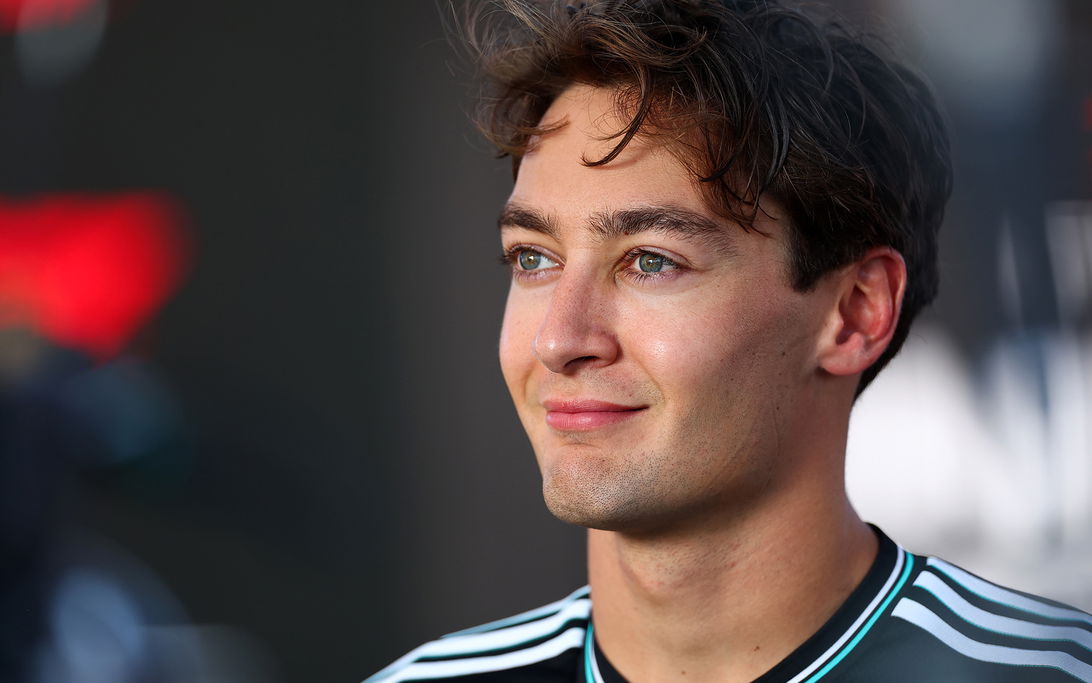
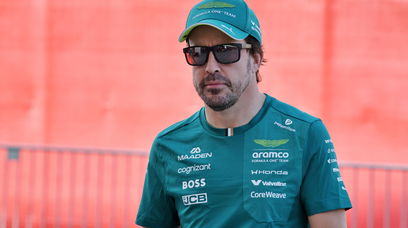
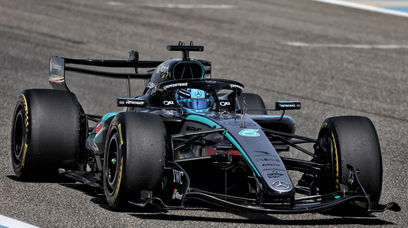
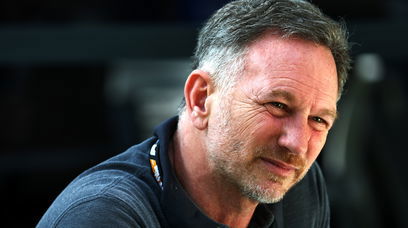
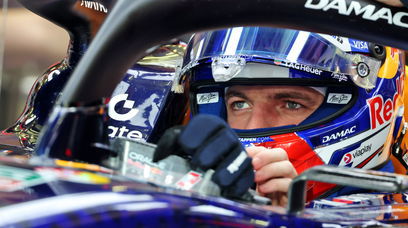
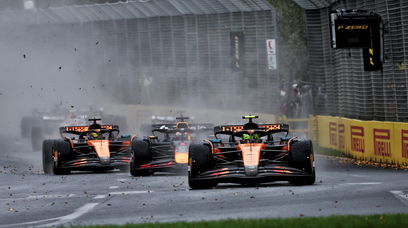
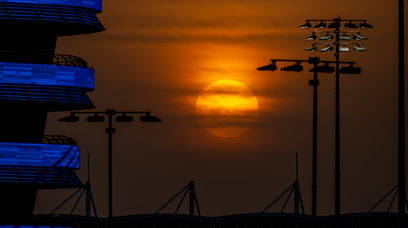
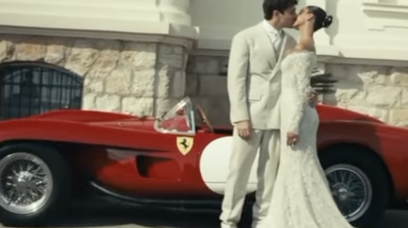
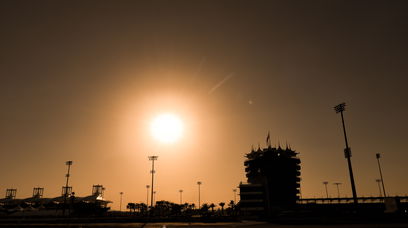
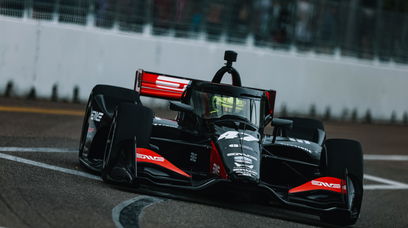
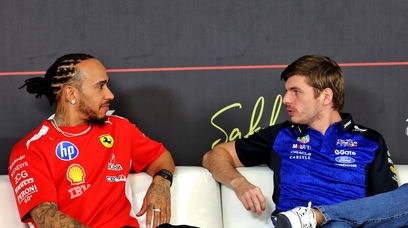
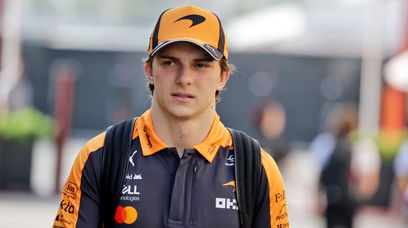
Join the conversation!